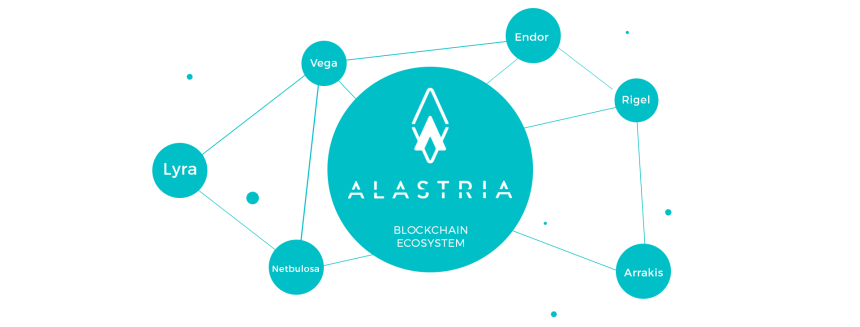Blockchain consortia are becoming far more prevalent as of late. While most people know R3 and Hyperledger, there are other ventures to explore as well. Over in Spain, various tech firms and banks have launched Alastria. This non-profit blockchain consortium wants to serve as a national tokenization platform and focus on digital ID.
Every country in the world is focusing their attention on blockchain right now. Dozens of banks are already experimenting with this concept as we speak. Alastria is a new Spanish venture which combines semi-public with permissioned blockchain infrastructure. More importantly, this initiative doesn’t focus on just one specific industry. Instead, the goal is to tackle issues across different sectors, including finance, telecommunication, and the energy sector. All things considered, a worthwhile experiment, to say the very least.
Alastria is a new Major Blockchain Consortium
Similar to other blockchain consortia, there will be a focus on academics as well. More specifically, the goal is to add universities and other institutions to this consortium in the future. Plus, the Spanish government is keeping close tabs on this project a swell. Whether or not that latter part is a good thing, remains to be determined, though. Given the current political turmoil, it will be interesting to see if Catalan entities can become part of the venture as well.
Achieving consensus on such a vast project will not be easy by any means. Many different voices represent vastly different opinions. It is the first time we see a nationwide effort related to blockchain technology. Spain is certainly setting a very intriguing precedent in this regard, although it is doubtful others will follow their example. Then again, one never knows what the future will hold.
Membership of Alastria is not free though. There are different tiers depending on the type of business trying to become a part of this initiative. Startups pay a fee of 500 euro, whereas large businesses pay 10,000 euro. It is expected Alastria will use this money to fund future blockchain development. This business model is quite similar to R3, which also has a few Spanish companies among its members. More competition involving blockchain can only be considered to be a good thing, though.
